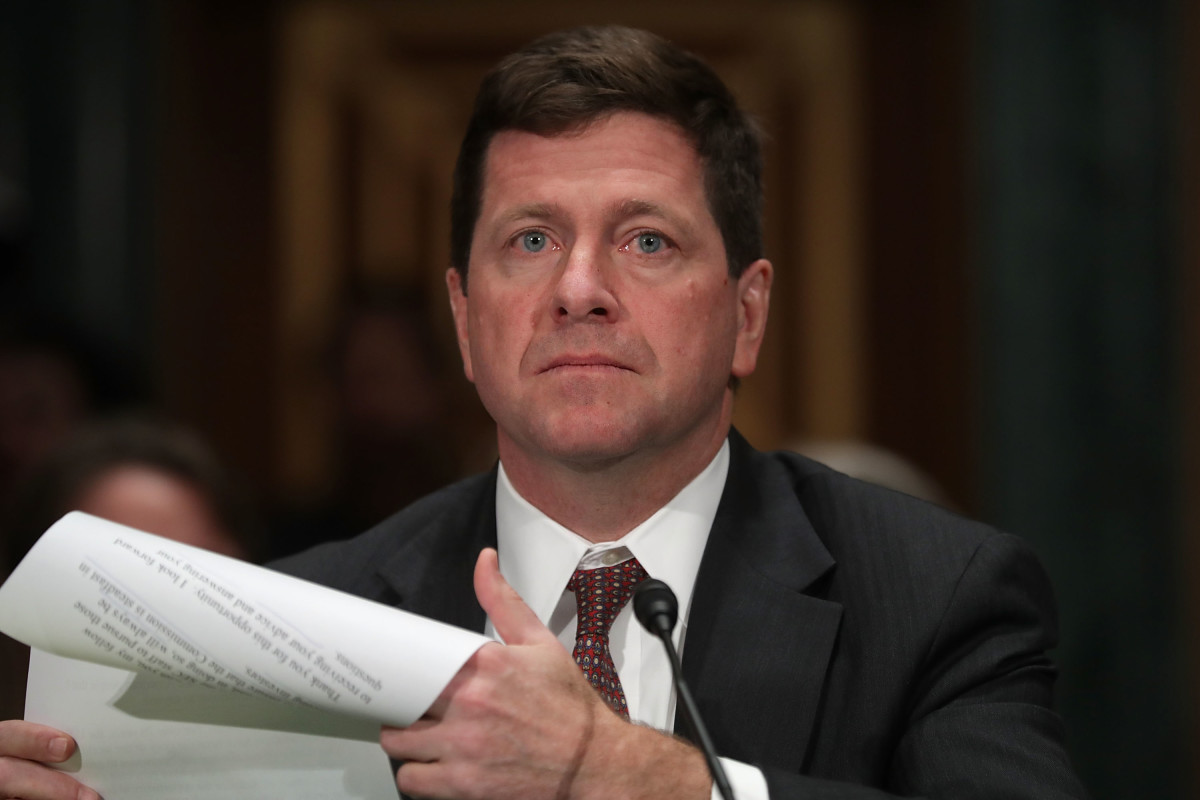
Over the years, I have been fortunate to have attended a wide variety of conferences. Some, like Greenbuild or LD Micro, were not legal conferences in nature, while others, like various bench and bar conferences, really honed in on litigation practice in a particular jurisdiction. The majority of conferences I have attended, however, have focused on IP issues, with the overwhelming majority of attendees fellow IP lawyers. Often put on by various national or local bar associations, IP conferences usually have a pretty standard formula — tracks for patent or soft IP, litigation or prosecution, with keynotes by leading IP personalities. Considering the investment of time and money put into attending these conferences borne by my various law firms, I always felt a responsibility to make my time there productive. Indeed, I have even written about how to maximize one’s time at such conferences on these pages over the years.
One set of conferences I have been fortunate enough to attend (and write about) that bring a different energy have been the IP Dealmakers and LF Dealmakers Forums. From venue, to speaker lists and topics, to unparalleled networking, to a general attention to detail — these conferences have earned, at least in my view, a premium reputation in the IP industry. Part of what sets the respective Forum conferences apart is their embrace of the business side of IP practice, both in terms of the ever-increasing role of litigation finance, as well as the approaches being taken by sophisticated companies and IP counsel to generating value from IP-related investment.
At the helm of the Dealmakers enterprise is Wendy Chou, a long-time veteran in the IP conference hosting arena. Having gotten to know Wendy, I have long hoped to conduct an interview with her for this readership — and with both the 2020 LF and IP Dealmakers Forums fast approaching, I am pleased to have gotten the chance to do so now. (The 7th Annual IP Dealmakers Forum will be held virtually on December 1-10, and the 3rd Annual LF Dealmakers Forum kicks off virtually next week on October 13. For more details and to register, visit DealmakersForums.com. They are currently offering a limited number of LF Dealmakers passes for in-house executives and senior partners at law firms, so if you’re interested in litigation finance I’d encourage you to check out the program and sign up soon!)
Some more background on Wendy before we get into the interview itself. As she puts it: “Well, although I earned a science degree (in behavioral biology) I somehow ended up in the conference space early in my career and started specializing in IP conferences, developing some of the earliest events focused on IP monetization and finance. I then had the opportunity to serve as Ocean Tomo’s first head of marketing, and led their branding and outreach efforts, including launching its internationally recognized live IP auctions business which was later sold to ICAP. After that, I founded CHOUmedia, which provided marketing and communications services to a variety of clients, many of which were IP-focused entities, including startups, professional service firms, publishers, and industry associations. I also founded Dealmakers and launched IP Dealmakers Forum in 2014 focused on bringing together a select group of decision-makers at the forefront of the IP market. In 2018, we launched LF Dealmakers Forum, which is focused on developments in litigation finance.”
As usual, I have added some brief commentary to Wendy’s answer below but have otherwise presented her answer to my first question as she provided it.
GK: Dealmakers has become known for its successful conferences in the IP and litigation finance spaces. What do you attribute that success to?
WC: What we do at Dealmakers is more than just conferences. We bring together the people at the intersection of legal and finance to discuss critical issues, exchange ideas, create best practices, and perhaps most importantly, get business done.
Early in my career, I spent time at commercial conference companies and based on that experience, I’ve developed a methodology that is almost the exact opposite of how many of those entities operate. Whereas a lot of conference companies turn around programs quickly, use junior level people to put sessions together, and don’t bother to research the relevant topics, we source thought leaders in the industry, curate our content extensively, and go to great lengths to bring together a cross-section of people in different sectors within an industry to create an environment where we can help move that industry forward.
GK: As you can see from my introductory paragraphs above, I really do feel that the Dealmakers events get the mix of attendees and speakers right. Add in the high-level content and networking opportunities with fellow attendees — that are there not only to attend a conference but to get a leg up on cutting deals — and the reputation that Wendy’s Dealmakers events have earned is easily understood. Again, as someone who has attended these events, I can testify that there is an energy “in the room” that is unique to the IP conference space, an energy that draws succor from the interest level (and capability) of the attendees in making IP deals happen.
While the realities of the current pandemic may make capturing that energy a little more difficult, we will hear from Wendy next week on how she and her team are rising to the COVID-19 challenge, as well as how she thinks Dealmakers’ programming has helped to make litigation finance more transparent.
Please feel free to send comments or questions to me at gkroub@kskiplaw.com or via Twitter: @gkroub. Any topic suggestions or thoughts are most welcome.
Gaston Kroub lives in Brooklyn and is a founding partner of Kroub, Silbersher & Kolmykov PLLC, an intellectual property litigation boutique, and Markman Advisors LLC, a leading consultancy on patent issues for the investment community. Gaston’s practice focuses on intellectual property litigation and related counseling, with a strong focus on patent matters. You can reach him at gkroub@kskiplaw.com or follow him on Twitter: @gkroub.







 Jordan Rothman is a partner of
Jordan Rothman is a partner of 


 Olga V. Mack is the CEO of
Olga V. Mack is the CEO of 
 Tom Kulik is an Intellectual Property & Information Technology Partner at the Dallas-based law firm of
Tom Kulik is an Intellectual Property & Information Technology Partner at the Dallas-based law firm of 
 Charles Hecht is an entrepreneurial lawyer who had his own firm for 39 years and recently joined Balestriere Fariello as a partner. He specializes in innovative solutions to complex litigation, arbitration, and securities transactions. He values teamwork, which is one of the reasons why he joined a New York City boutique law firm. He and his colleagues represent domestic and international clients in litigation, arbitration, investigations by governmental agencies, and securities transactions. You can reach him via email at
Charles Hecht is an entrepreneurial lawyer who had his own firm for 39 years and recently joined Balestriere Fariello as a partner. He specializes in innovative solutions to complex litigation, arbitration, and securities transactions. He values teamwork, which is one of the reasons why he joined a New York City boutique law firm. He and his colleagues represent domestic and international clients in litigation, arbitration, investigations by governmental agencies, and securities transactions. You can reach him via email at 